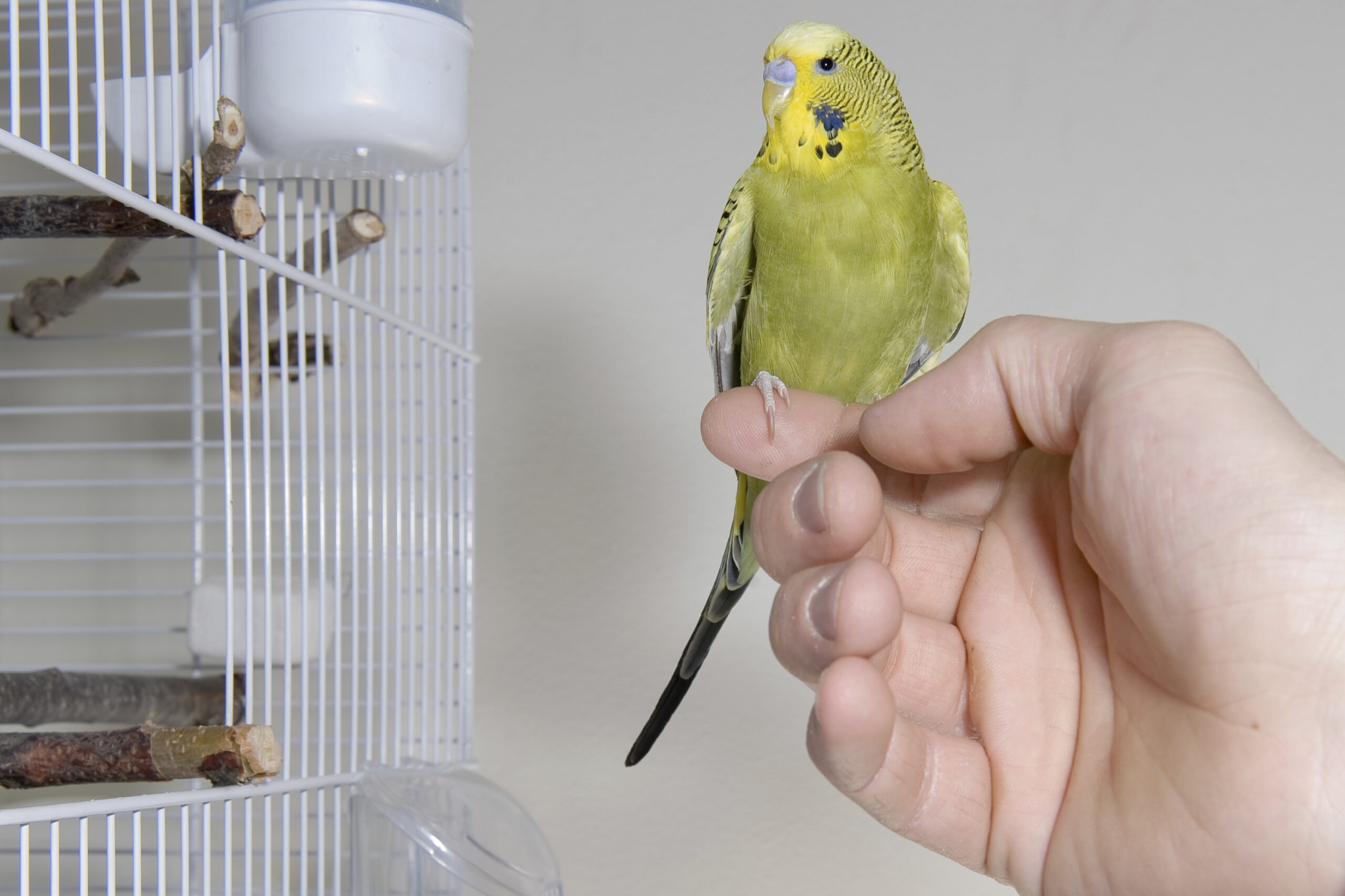Last Updated on November 12, 2023 by Fumipets
Can Rabbits Eat Mushrooms?
One of the most well-known vegetarian species in the animal world is the rabbit. Our furry buddies are particularly well-known for their voracious appetites for carrots and greens, and they seem to never tire of eating veggies.
But do rabbits have access to the same items as vegetarian humans have? Unquestionably not. This is particularly true for all varieties of mushrooms; even the simple button mushroom may be dangerous or even lethal to a rabbit if consumed.
Continue reading to find out why you should never give mushrooms to your rabbit and what to do if it accidently ate some mushrooms.
No! Rabbits Cannot Eat Mushrooms
Absolutely no rabbits should consume mushrooms. Even store-bought mushrooms are not suitable for your rabbit’s diet; however, wild mushrooms are extremely harmful. To ensure that your rabbit doesn’t consume any wild mushrooms when outside, avoid feeding them mushrooms and keep a tight check on them.
Are There Any Types of Mushrooms Rabbits Can Eat?
The term “mushroom” refers to any fungus with a fruiting body, even if it may primarily conjure thoughts of button, portabella, or shiitake mushrooms used in cooking. It’s impossible to say with any confidence if there may be one variety of mushroom that rabbits can consume due to how challenging mushroom identification may be.
Both common and wild mushrooms have been shown to be poisonous to or fatal to rabbits. Rabbits cannot safely consume mushrooms after cooking or by any other kind of preparation. In other words, your rabbit should not eat any kind of fungus.

Dangers of Mushrooms for Rabbits
The following background for mushroom poisoning is provided by the U.S. Food and Drug Administration in its Foodborne Pathogenic Microorganisms and Natural Toxins Handbook:
Eight poisons, including amanitin, gyromitrin, orellanine, muscarine, ibotenic acid, muscimol, psilocybin, and coprine, have been linked to mushroom poisoning. As their poisonous chemicals are not eliminated by heat, mushrooms consumed both raw and cooked may result in mushroom poisoning.
The most frequent side effects of mushroom poisoning include organ damage, neurological impairment, vomiting, and diarrhea. The most common cause of mushroom poisoning, which is notorious for being very difficult to cure, is accidental intake of a deadly species.
What does this imply for your rabbit, exactly? Although there haven’t been any studies particularly looking at mushroom poisoning in rabbits, doctors strongly advise against feeding mushrooms to your pet rabbit due to its negative consequences. Even non-toxic to humans mushrooms may cause major injury to your rabbit’s delicate digestive tract.
What to Do If Your Rabbit Eats Mushrooms
If your rabbit decides to eat a wild mushroom when you and it are outside, you must act quickly to avoid serious repercussions. Make a quick call to your veterinarian and visit them with a sample of the mushroom. To protect your rabbit from injury, mushroom poisoning must be treated right away since its symptoms might come on quickly.
You need to call your veterinarian straight away, even if your rabbit manages to consume a gourmet mushroom while inside your house. Even ordinary domestic mushrooms may give your rabbit serious gastrointestinal pain, but they are far less likely to be lethal than consuming a wild mushroom. This may swiftly result in illness or death if left uncontrolled.
Conclusion
One of the very few vegetables that rabbits must never consume is mushrooms. They may be domesticated or wild, but they may seriously harm your rabbit’s health. Never attempt to feed your rabbit mushrooms, and if it does while you’re not looking, contact your veterinarian right away for help.


















